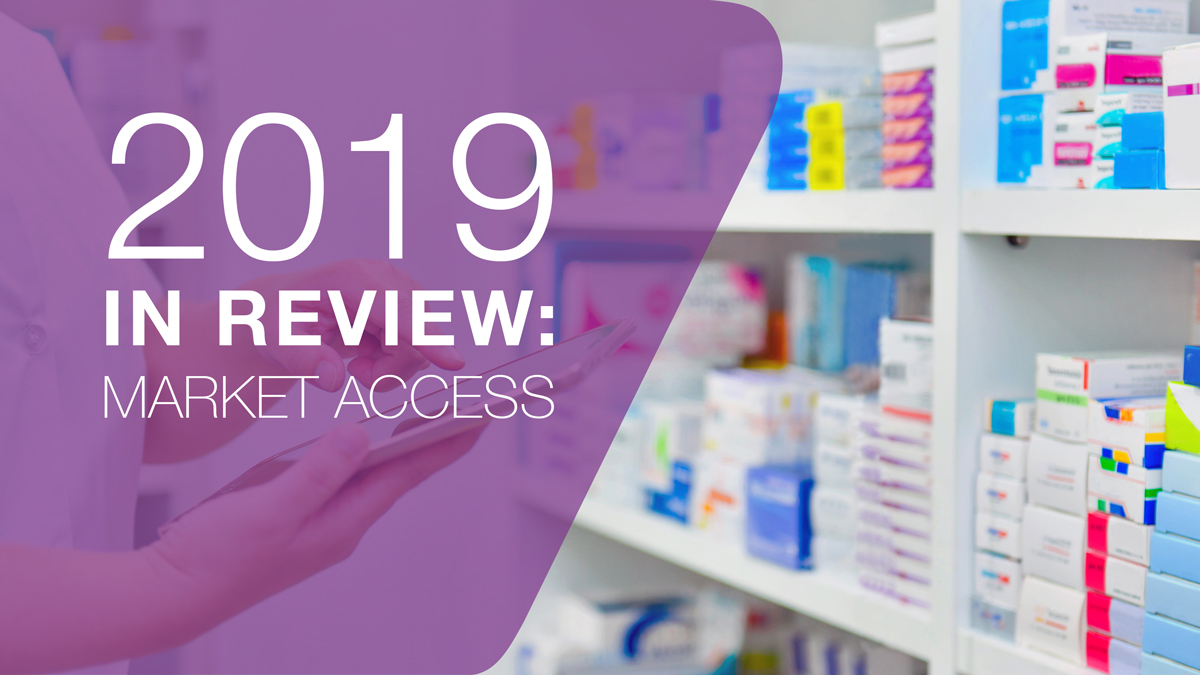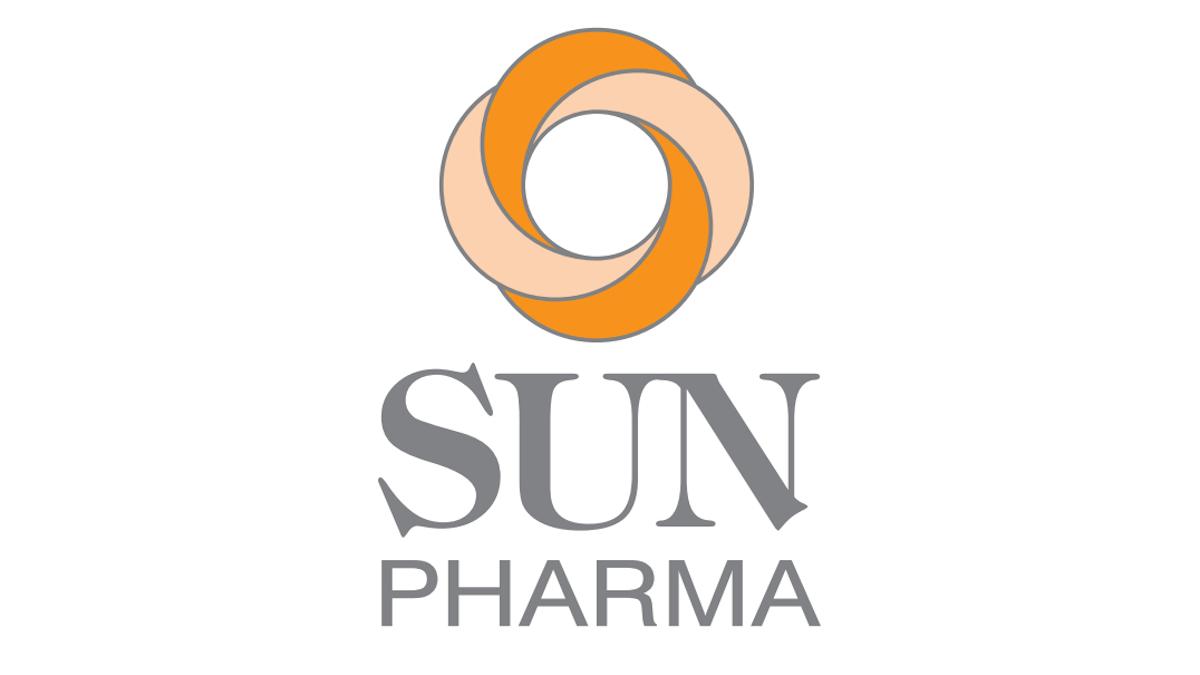The 4 biggest pharma market access stories of 2019

What events have defined the market access landscape in 2019, and what trends will shape 2020? We dive into the pharmaphorum archives to find out.
1 – Biosimilars hit the big time
Biosimilars hit full steam in 2019, and several top-selling drugs now face competition from cheaper copycat versions – biting into the profits of some of the world’s biggest pharma companies. Since their launch in October 2018, for example, biosimilars of AbbVie’s Humira (adalimumab), the world’s biggest selling drug, have seen list price sales of $725 million in the EU and Turkey.
AbbVie has managed to fend off challenges to Hurima’s US patents from companies such as Boehringer until 2023 – but this hasn’t stopped five biosimilars from being approved in the country already, the latest one coming from Pfizer.
Roche’s Herceptin (trastuzumab) is another blockbuster facing cheaper competition, with its patent expiring in the country this year and biosimilars from Mylan/Biocon, Samsung Bioepis and Amgen/Allergan having been approved by the FDA. Roche’s Rituxan, meanwhile, is also about to compete with its first copycat – Teva’s Truxima.
The FDA was slower to get an approval pathway for biosimilars up and running than its counterpart the European Medicines Agency, and patent infringement suits from originator companies have not made it easy for those looking to launch copycat drugs in the country – as Sandoz found out when the launch of its biosimilar of Amgen’s Enbrel was blocked in August.
Nevertheless, uptake in the US has risen faster than some analysts expected. For example Udenyca, a biosimilar pegfilgrastim, is the biggest launch of 2019 in the country, with $274 million in sales so far.
And for its part the US government seems keen to embrace these drugs. As the year closed out, reports suggested the government is considering reducing the protections from competition for biologic drugs from 10 years to five as part of a new US-Canada-Mexico trade pact, which would lead to faster launches for biosimilars in the country. Meanwhile, recent draft guidance from the FDA has opened the door for insulin biosimilars.
In the UK this year the NHS made clear its intention to improve access and make sure the country is an attractive market for biosimilars development.
NHS England envisages savings as a whole from biosimilars of some £400-£500 million per year by 2021, if it can increase uptake of ‘best value biologic medicines’.
To do this, the Commercial Medicines Directorate is running the Best Value Biologics Project to enable appropriate use and uptake – whether of the originator product or a biosimilar version.
2 – After a long battle, the NHS and Vertex bury the hatchet on Orkambi
As 2019 started there was still no end in sight for the lengthy and increasingly-bitter conflict between the UK government and pharma company Vertex over access to Vertex’s cystic fibrosis (CF) drugs, among them Orkambi.
One of the biggest pricing debates in recent years, for three years NICE had refused to fund Orkambi because of its high price, with Vertex showing no signs of backing down. Both sides took public swipes at each other and offered differing accounts of the negotiations and what they had offered and refused, adding to the thorny atmosphere surrounding the talks – which seemed to break down altogether at one point.
Patients and campaigners became more vocal in their criticisms of both parties, highlighting the desperate need for the potentially transformative treatments – with some parents even starting a ‘buyers club’ to acquire a supply of generic drugs from other countries.
In fact, a government minister suggested she would consider implementing laws allowing the NHS to use generic alternatives of the drugs, amping up the pressure on Vertex. But attention flipped back to the NHS when Scotland’s SMC managed to strike its own deal with the company in September.
Eventually, in May, the NHS seemed to blink first, improving the terms of a five-year deal that has been on the table since last year that aims to reimburse all of Vertex’s drugs, including those that have yet to be approved.
Most of the terms of the new offer are confidential – but it includes a two-year “managed access” deal that would give access to all eligible patients for Vertex’s Orkambi and Symkevi drugs.
What happened next is still under wraps, but in October the two parties announced that Vertex’s drugs would finally be available on the NHS after a four year wait.
The NHS has made it a condition of the deal that Vertex submits its full portfolio, including its new triple therapy, to NICE for appraisal.
Vertex has agreed to this and the appraisal is expected to conclude by the end of September 2021, including an 18-month period of real-world data collection.
3 – The US drug price debate continues with no conclusion in sight, while the UK gets dragged in
In a bitterly divided US government, high drug prices are one of the few things both Democrats and Republicans are keen to tackle – though there is still much disagreement on how to go about it.
Lowering prices has been a cornerstone goal of Donald Trump’s presidency for some time (we covered it as a key trend of 2018 in our last Review of the Year) – but we’re still some way off from seeing legislation come into force.
Several potential solutions were thrown around this year. A bipartisan bill sought to cap out-of-pocket costs for medicines at $3,100 per year for Medicare beneficiaries beginning in 2022, and require drugmakers to pay rebates to Medicare if they raise drug prices above inflation. Republican rebels had issues with the bill, stalling its progress, but it may get a second chance after senators announced an updated version in December.
Trump himself proposed a “favoured nations clause”, where US prices will reflect those in the country paying the least for their medicines, though that also met with controversy. His most recent plan involves opening up pathways to import some lower-cost drugs from Canada and other countries.
Meanwhile, the Democrats’ Drug Price Negotiation Bill would allow the Department of Health and Human Services (HHS) to negotiate with companies on the prices for the 250 prescription drugs that cost Medicare the most every year – including insulin – and do not have at least two competitors. Currently the federal government is prohibited from negotiating drug prices.
All these plans have their fair share of critics from inside and outside the industry. The US pharma industry, of course, opposes these proposals, and stocks have dipped as the legislation comes closer to reality.
Unexpectedly, as the UK geared up for a surprise general election in December the country was dragged into the US pricing debate. Opposition leader and prime ministerial hopeful Jeremy Corbyn unveiled documents that he said showed that the US had pushed for pro-US drug pricing reforms in a potential post-Brexit trade deal.
4 – Executive shakeups for the FDA and NICE
The US had to say goodbye to its face of drug regulation this year – but not for long – when FDA commissioner Scott Gottlieb announced he would be resigning.
Gottlieb cited time spent away from his family, due to his commute from Connecticut to Washington, as the primary reason for his departure. However, his decision to take up a role on Pfizer’s board of directors only a few weeks later sparked a “revolving door” controversy, particularly as he had faced intense scrutiny because of a network of business dealings with pharma before his appointment.
Gottlieb’s replacement seems likely to be Stephen Hahn, a well-known cancer researcher and oncologist who is currently serving as chief medical executive of the University of Texas MD Anderson Cancer Centre, a position he has held since May 2018. Anticipating similar criticism to Gottlieb, he has sought to sever his ties with pharma companies.
While Hahn’s appointment is all but confirmed, some members of the Senate panel voted against the nomination, suggesting they weren’t confident he would take a tough position on teen vaping. Questions have also been raised about his perceived lack of government experience, having spent most of his career in academia.
Similar news hit the UK when, in August, NICE’s founder and chief executive Sir Andrew Dillon announced he would be stepping down in 2020 after more than 20 years of service.
After a career as an NHS manager Dillon founded NICE in 1999 with a laptop borrowed from his former employer, St George’s Hospital in London.
Under his leadership, NICE has become an influential and often controversial body, tasked with pushing back against pharma companies’ pricing demands for novel drugs.
There’s no word yet on who will replace Dillon, but you can check out our top predictions here.











